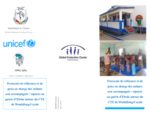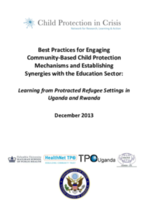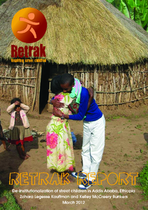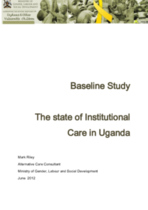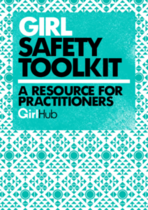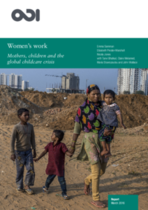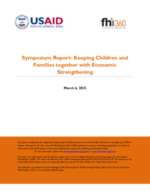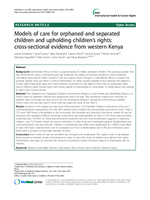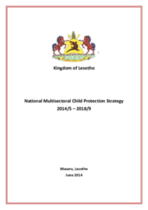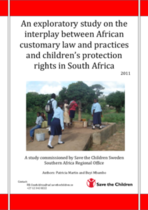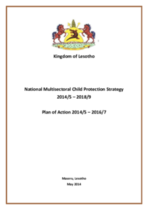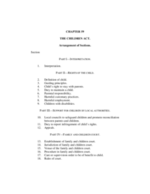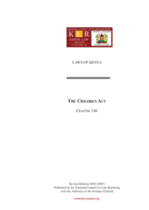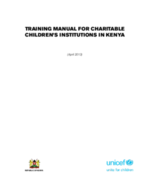Accueils provisoires et placements d'enfants et d'adolescents : des décisions qui mettent à l'épreuve le système français de protection de l'enfance et de la famille"
La question du placement en France a semblé avoir perdu de son intensité dans les années 1990 sans doute en raison de la baisse progressive du nombre de ceux-ci et des importantes réformes législatives intervenues depuis 1983. Elle est aujourd’hui à nouveau posée par des associations, des mouvements de défense des droits de l’homme et par le gouvernement.

